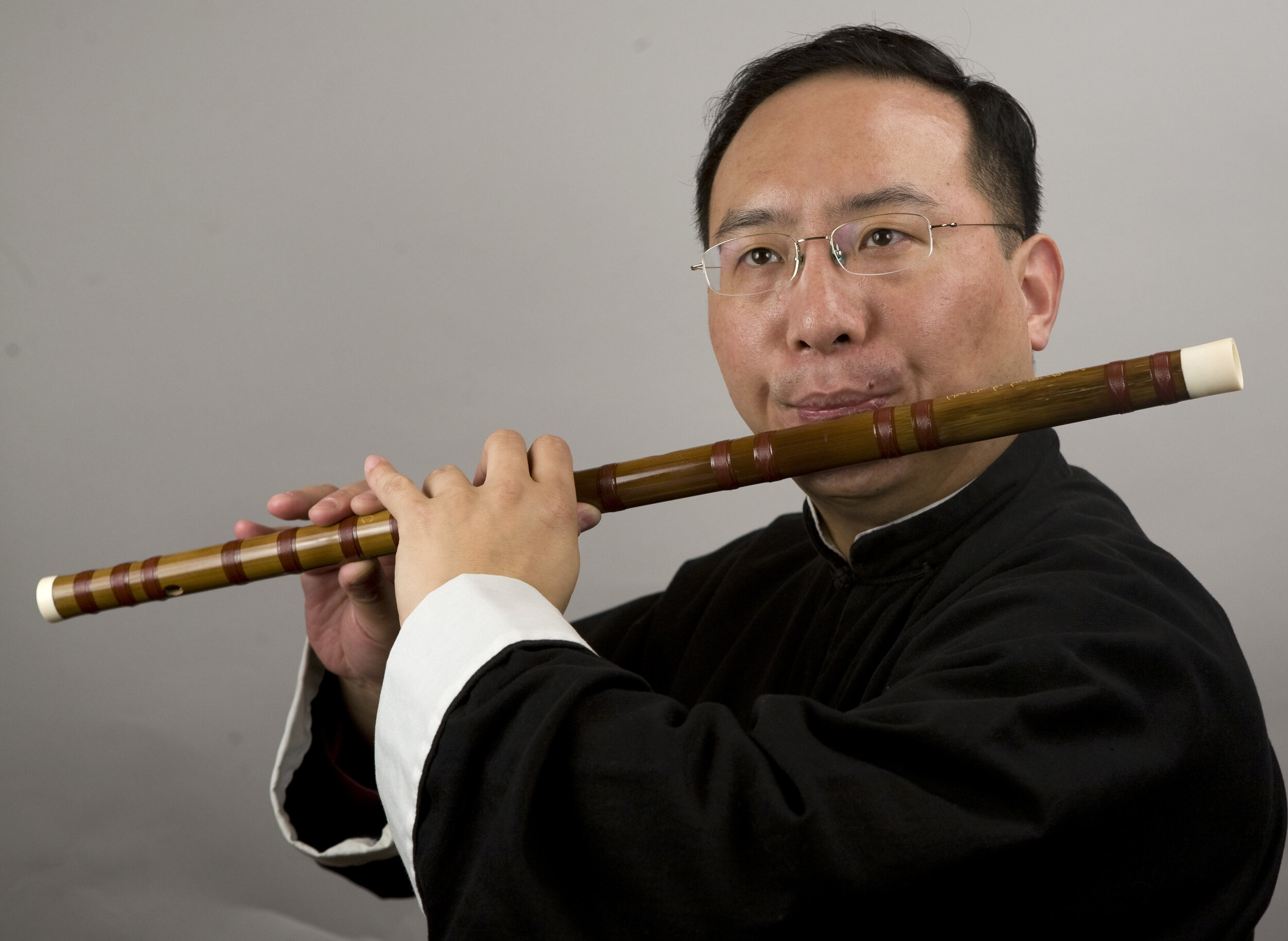
Chen Tao
Chen Tao is a Visiting Professor of Chinese Music at the Bard College Conservatory of Music. He is an internationally acclaimed Chinese flutist, music educator, composer, and of Chinese orchestra; founder and director of Melody of Dragon, Inc., and of Melody of Dragon & the Youth; artistic director and conductor of the Chinese Music Ensemble of New York and conductor of New Jersey Buddha’s Light Youth Chinese Orchestra; director of New York Guqin Association; and executive chairman of the New York Chinese Music Instruments International Competition since 2015. He is also a 27th-generation musician of Zhi-Hua Buddhism music. On the faculty of Bard’s US-China Music Institute, Chen Tao teaches dizi and directs the Conservatory’s Chinese Ensemble. Read more here.
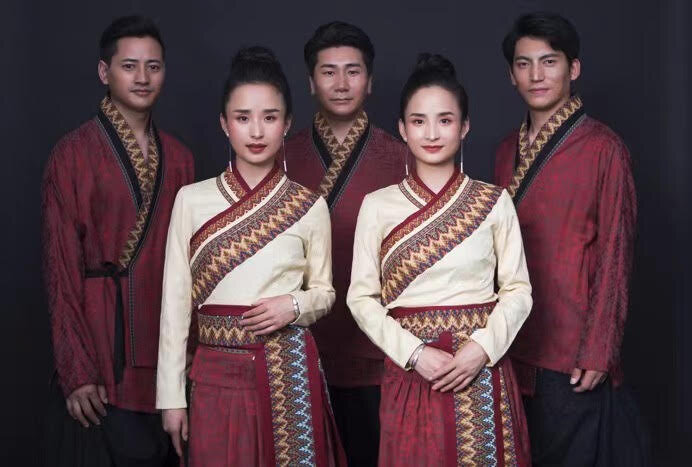
Joy Conch
Joy Conch is an ensemble of musicians studying under Reshi Tsering Tan, who is also contributing to this conference. Their blending of Tibetan and Western musical instruments and styles is both innovative and beautiful. Here is the group roster:
主唱:泽旺 lead singer: Wangze
鼓手:仁青 drum: Renqing
吉他:扎德 Gita: Zhade
女主唱:才吉 Female vocal: Caiji
女主唱:李毛 Female vocal: Limao
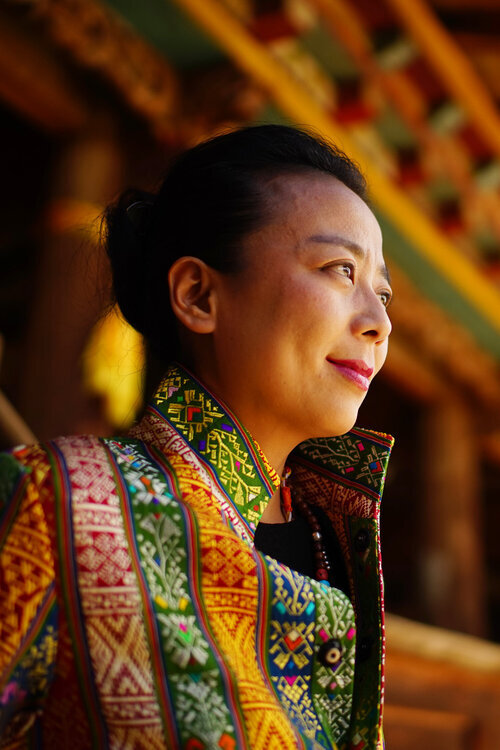
Jamyang Dolma
Jamyang Dolma has dedicated her life to preserving traditional culture and questioning the nature of a good education. Her experience working in more than 20 countries, in fields as diverse as public communication, management consulting, and marketing for International business and government institutions, has taught her that preserving traditional culture and art is key for the success of the next generation. Since 2001 she has been studying with Buddhist masters from the Tibetan Region and Bhutan. She began leading field recording trips to preserve disappearing folk music and working with educators from around the world to develop music education curricula for children. She is also working to preserve traditional handicrafts, particularly weaving, and to create a sustainable fashion line. Dolma’s unique life experience, along with her passion and compassion, led her to found Academy of Himalayan Art and Child Development with people who have similar philanthropic desires and appreciation of ancient philosophy and arts. Dolma now serves as the President of the organization and is in charge of leading the efforts to promote and fund the organization's missions.
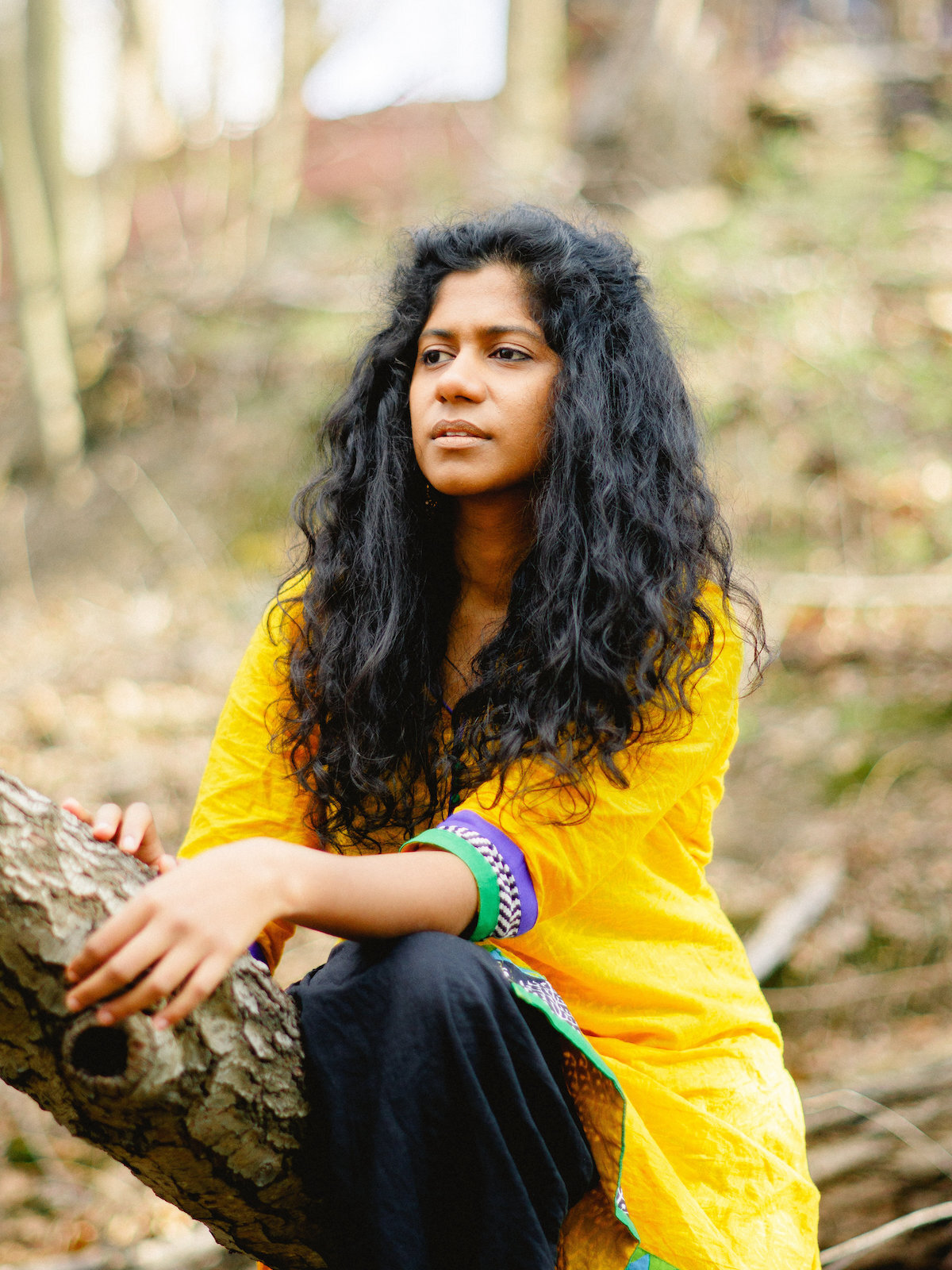
Ganavya Doraiswamy
Tamil Nadu-raised and New York-born critically acclaimed vocalist Ganavya lives, learns, and loves fluidly from the nexus of many frameworks and understandings. Hers is a deeply profound and rooted voice. A multidisciplinary creator, she is a soundsmith and wordsmith. Trained as an improviser, scholar, dancer, and multi-instrumentalist, she maintains an inner library of “spi/ritual” blueprints offered to her by an intergenerational constellation of collaborators, continuously anchoring her practice in pasts, presents and, futures. Much of her childhood was on the pilgrimage trail, learning the storytelling art form of harikathā and singing poetry that critiques hierarchal social structures. She is a co-founder of the non-hierarchical We Have Voice Collective.
A film made during the pandamic titled this body is so impermanent... (2021) directed by her close collaborator Polar Music Awardee Peter Sellars, features Ganavya (composition, solo voice), legendary calligrapher Wang Dongling, and acclaimed dancer Michael Schumacher (choreography, dance). The piece was created over a 6-month intensive collaborative period, where Ganavya worked from the rural mountains of Oregon, Michael from Amsterdam, Peter from LA, and Wang Dongling from China. The film was co-produced by Fisher Center at Bard College with The Boethius Initiative at UCLA.
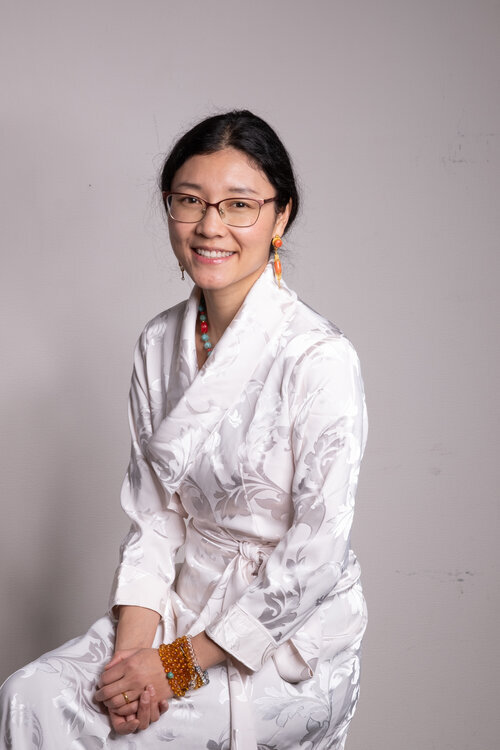
Drukmo Gyal
Drukmo Gyal (འབྲུག་མོ་རྒྱལ ) was born in the Northeastern part of Tibet into a the family of a Tibetan yogi (Tib. སྔགས་པ Ngakpa), where mantra and meditation were introduced at a young age. With support from her local Tibetan yogic community and family, she started singing publicly starting in 2008. She moved to Europe in early 2014 in order to work with Sorig Khang International - an NGO to preserve traditional Tibetan medicine and Tibetan spiritual healing, which was founded by Dr. Nida Chenagtsang. During her time in the west, she published 5 albums of Tibetan Healing mantras and chants with musicians from all over the world. She has also travelled to more than 30 countries giving concerts, public talks, workshops and courses on Healing mantras, yoga, and meditation as well as Tibetan External Therapies derived from traditional Tibetan medicine. One of the primary focuses of all her activities is helping people to find spiritual equality and balance, and helping mothers and children to view each other with divinity and compassion through the scope of Tibetan Spiritual healing and Buddhist practices.
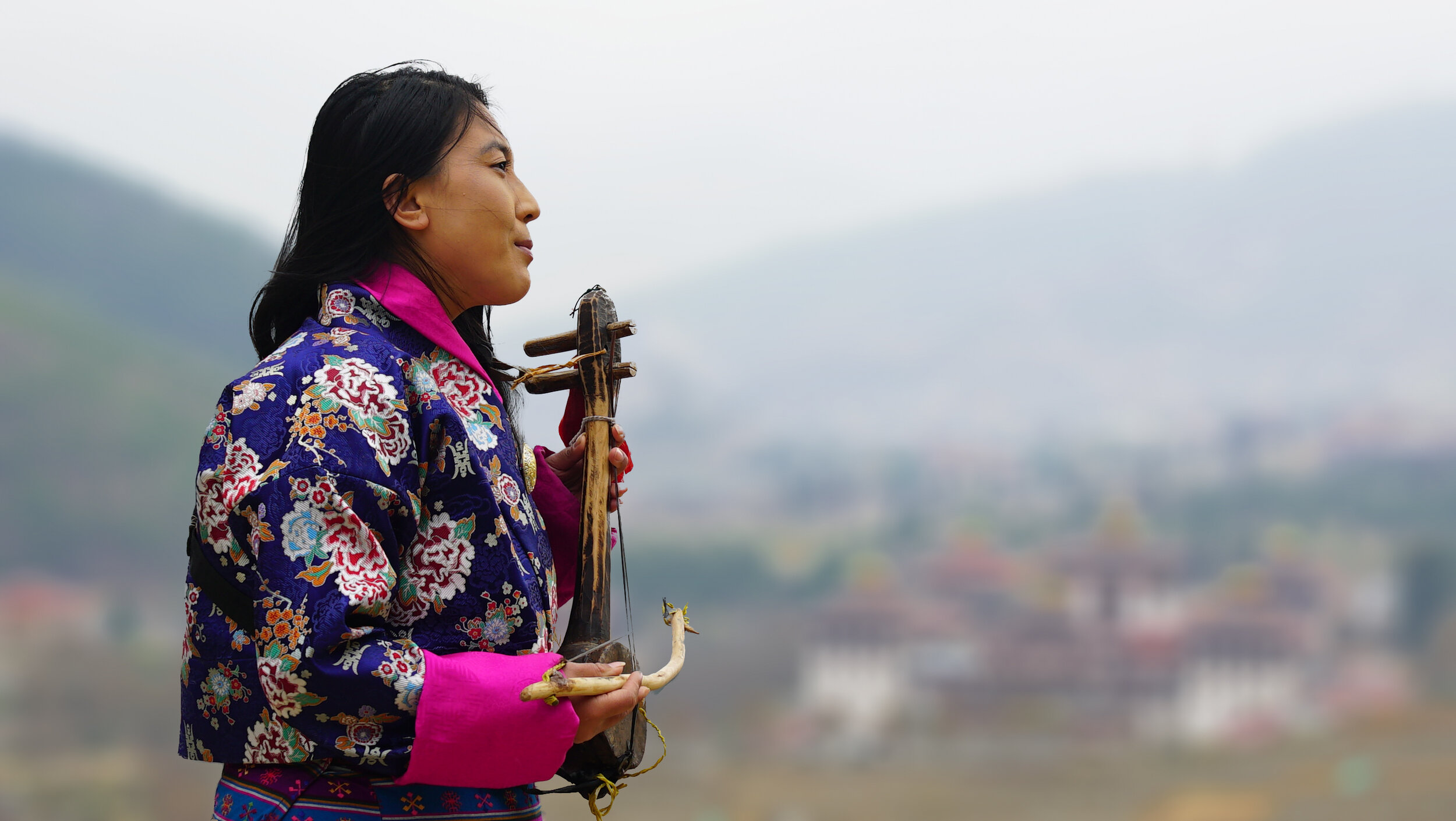
Jangchuk Choden
Jangchuk Choden is unquestionably one of the more exceptional female singers that the country of Bhutan has produced. She is a magnificent vocalist, with tremendous talent in the creativity and aesthetic approach she brings to all her musical work. She has collaborated with diverse artists on many occasions, displaying versatility by performing various genres that are native to Bhutan. Jangchuk Choden is a very popular figure in fusion style music, where her astonishing husky voice adds great beauty to her vocal tone and imparts unique elements to her singing. She is known to the Bhutanese audience through her participation in various music festivals and by taking part in concerts that are nationally telecast through Bhutan Broadcasting Service. She is notably one of the prominent artists to perform at the national celebrations of the birthday of His Majesty the King of Bhutan. She also carries vast experience in music appreciation and serves as a judge for a popular televised singing competition in the country.

Lama Ngodup Dorji
Lama Ngodup Dorji is the XVth Lineage Lama of Shingkhar in Bumthang, Bhutan. Shingkhar Dechengling is one of the eight places established by Omniscient Longchenpa in Bhutan in the 1350s.
Lama has a Master’s Degree in Buddhist Philosophy from Ngagyur Nyingma Institute, established by H. H. Penor Rimpoche in India. He is the founder and chair of Ati Foundation and Longchenpa Center, registered with the commission for religious organizations of Bhutan (CROB). Lama is also an elected member of CROB representing the non-governmental religious organizations in the country.
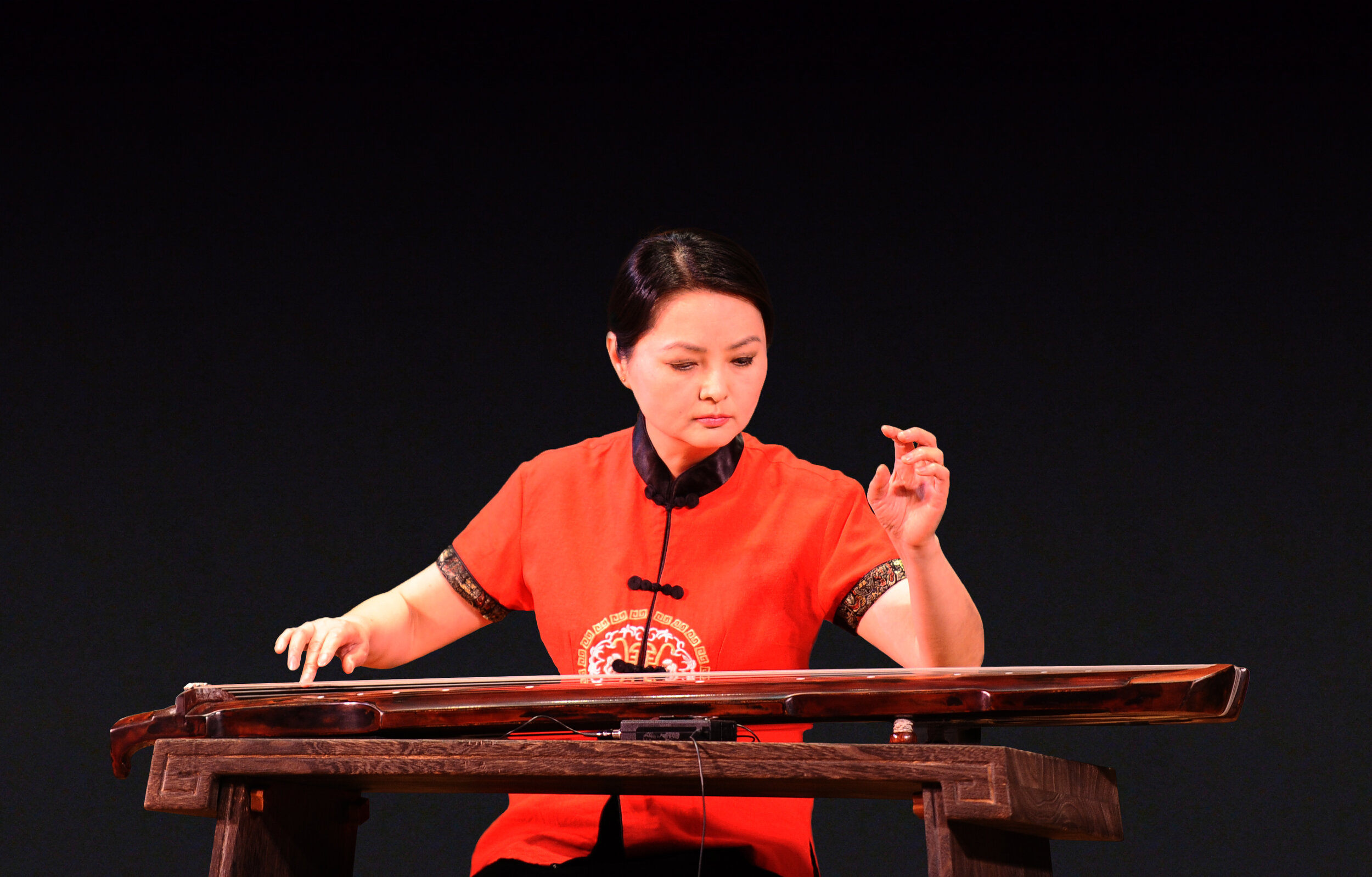
Liu Li
Liu Li is a guqin virtuoso, educator the president of the New York Guqin Association. Since she moved to America in 1994, Liu Li has been invited frequently to perform and lecture throughout the country. Her collaboration with the New Music Consort of the Manhattan School of Music's Chamber Orchestra received high praise from the critics. She has also performed at Lincoln Center, New Jersey Performing Arts Center, Japanese Society, La Mama Theater, the Metropolitan Museum of Arts and other New York venues. In February 1996, inviting by Taiwan's National Music Ensemble in Taipei, Liu Li held a concerto performance in the National Hall of Music as well as a lecture on Guqin music, both of which were critically acclaimed. In 2002, she collaborated on the movie music recording of “Hero” composed by Oscar winner Tan Dun with world famous Violin master Itzhak Perlman. Read more here.
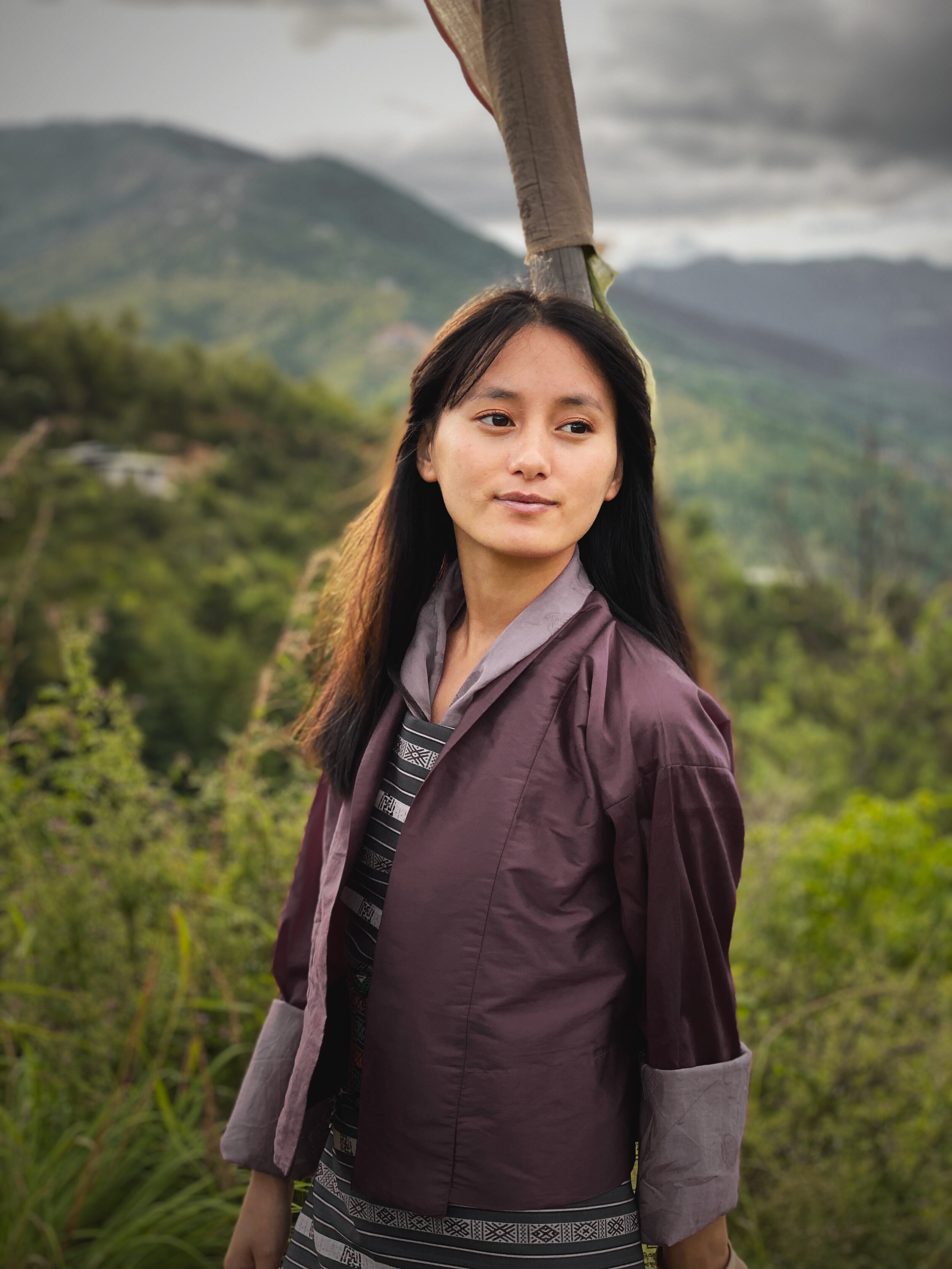
Phub Zam
Phub Zam is a very fine vocalist of Bhutan. A purist by nature, she has tremendous skill of improvisation and an aesthetic approach to any musical works that she is involved in. She has vast knowledge in both the contemporary and traditional music of Bhutan; she is master of her own craft and a true icon for the ritual and devotional songs of Bhutan. Her contribution in the field of music is immeasurable, including serving as a prominent singer for the country’s film industry. She has taken a leading role in many televised singing competition events and has won most of the competitions’ prizes. She has contributed significantly to charity shows and most importantly to religious music related projects on many occasions.
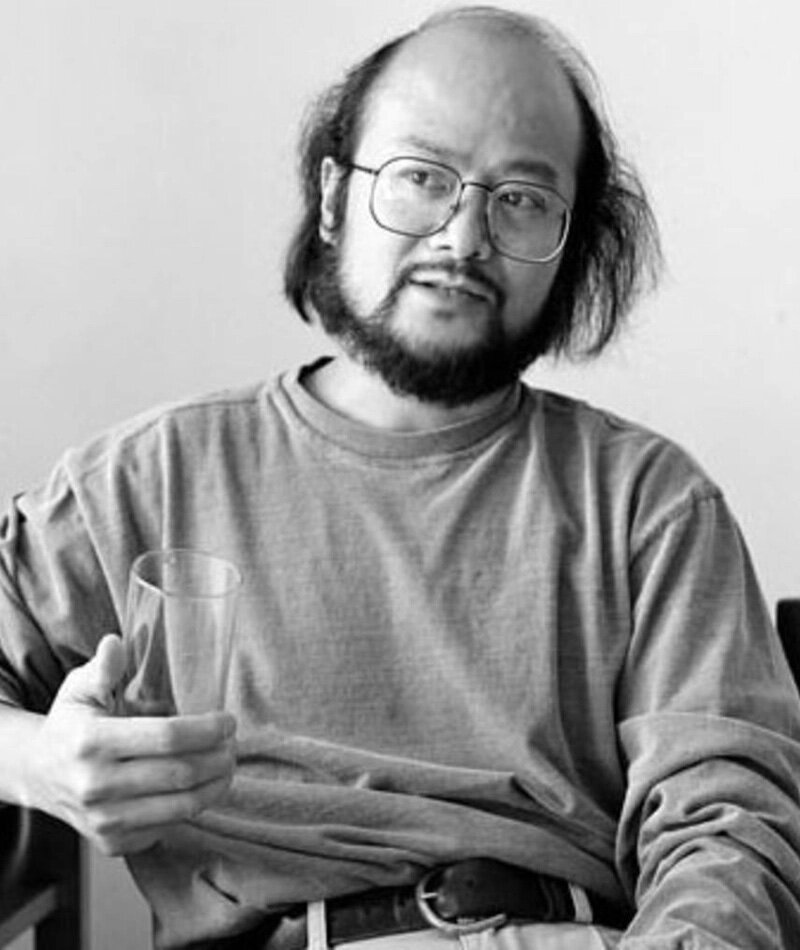
Qu Xiaosong
Qu Xiaosong is one of the most avant-garde of the New Wave composers. During the Cultural Revolution, Qu was sent to the mountainous countryside as a farmer for four years. He taught himself to play the violin in 1972, and a year later joined the Guiyang Beijing Opera Troupe as a violist. When the Central Conservatory reopened in 1978, Qu, along with Chen Yi, Zhou Long, Tan Dun and Chen Qigang, was accepted in the composition class. While at the Conservatory, Qu studied with Du Mingxin and graduated in 1983. In 1989, at the invitation of Columbia University’s Center for US-China Arts Exchange, Qu moved to New York, where his international fame grew.
Early works, such as Mong Dong, were experiments with sound. Qu has an affinity for nature, intent on returning the concept of Chinese music to its most pristine form. His stage work, Life on a String (Ming ruo qinxian, 1998), is sung in the Sichuan dialect, because Qu appreciates the dialect’s latent musicality, similar to his native Guizhou.
His Fi [Silence] series explores the minutest sonic shades. Ji No. 4 ‘Kou’ (2001) was scored for a septet, but the volume of any performance of this work is intentionally low. Qu is a very theatrical composer, sometimes performing as vocalist and conductor himself in Europe, America and Asia.
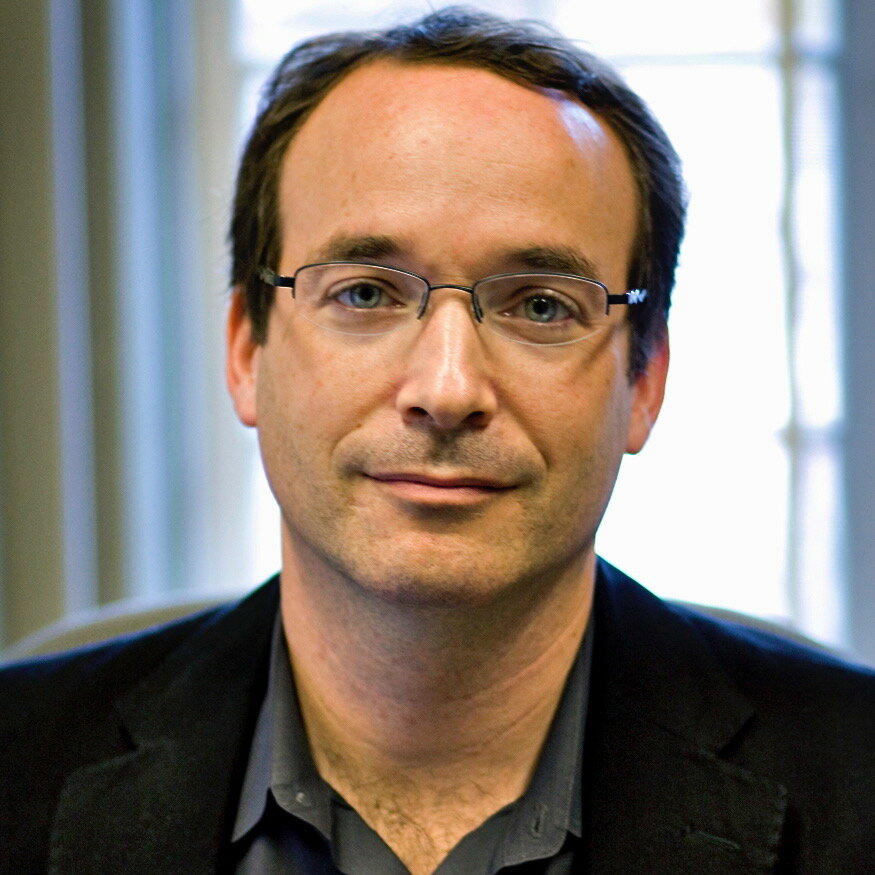
Andrew Quintman
Andrew Quintman is a scholar of Buddhism in Tibet and the Himalaya, and associate professor in the Department of Religion and the College of East Asian Studies at Wesleyan University. He writes, teaches, and lectures about Buddhist literature and history, sacred geography and pilgrimage, and visual cultures of the Himalayan region. His work addresses the intersections of Buddhist literary production, circulation, and reception; the reciprocal influences of textual and visual narratives; and the formation of religious subjectivities and institutional identities. His book The Yogin and the Madman: Reading the Biographical Corpus of Tibet’s Great Saint Milarepa (Columbia University Press, 2014) won the American Academy of Religion’s 2014 Award for Excellence in the Study of Religion in Textual Studies and the 2015 Heyman Prize for outstanding scholarship from Yale University. It also received honorable mention for the 2016 E. Gene Smith book prize at the Association for Asian Studies. In 2010 his new English translation of The Life of Milarepa was published by Penguin Classics and is in its twelfth reprint. He currently serves as the President of the Board of Directors of the Buddhist Digital Resource Center (BDRC)
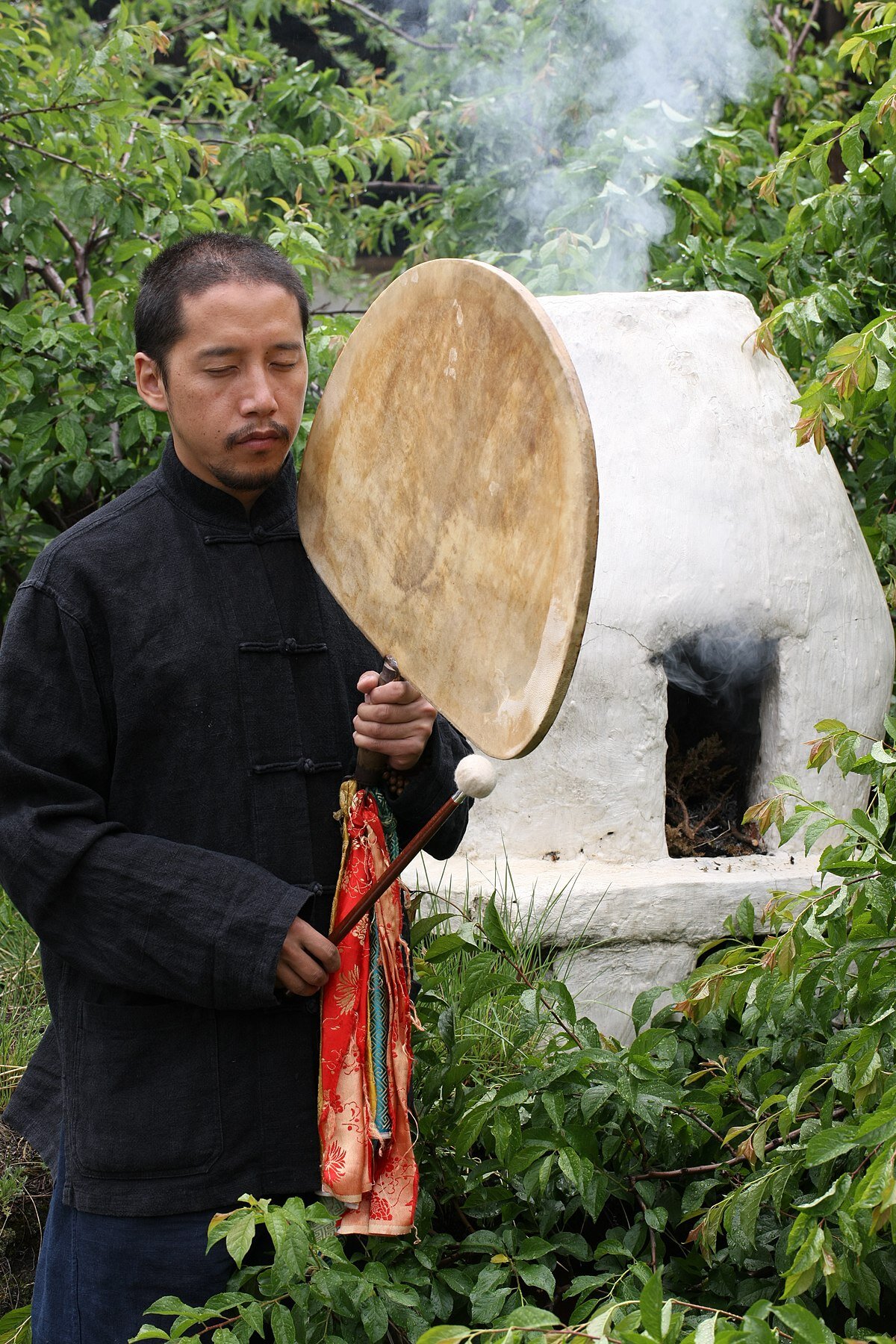
Reshi Tsering Tan
Reshi Tsering is a Tibetan artist and social entrepreneur from China. He is a dedicated scholar-practitioner of Tibetan Buddhism and the Founder and President of Shangri-La Folk Music Preservation Association. He started his organization after years of traveling and interviewing musicians throughout the Himalayas. He realized that many genres, songs, choreographies, and other cultural elements that are typically passed down orally are at risk of being lost due to globalization and migration to cities. His unique music style and his outstanding contributions in Tibetan cultural preservation have been the focus of both national and international media attention, such as National Geographic Magazine, Phoenix TV, the Travel Channel, and China Youth Daily, among others.
Tsering serves as the Artistic Director for Academy of Himalayan Art and provides counsel and artistic input to their folk music programs. He works as coach and teacher specializing in the healing through music and sound and the importance of preserving and learning from traditional art and culture.
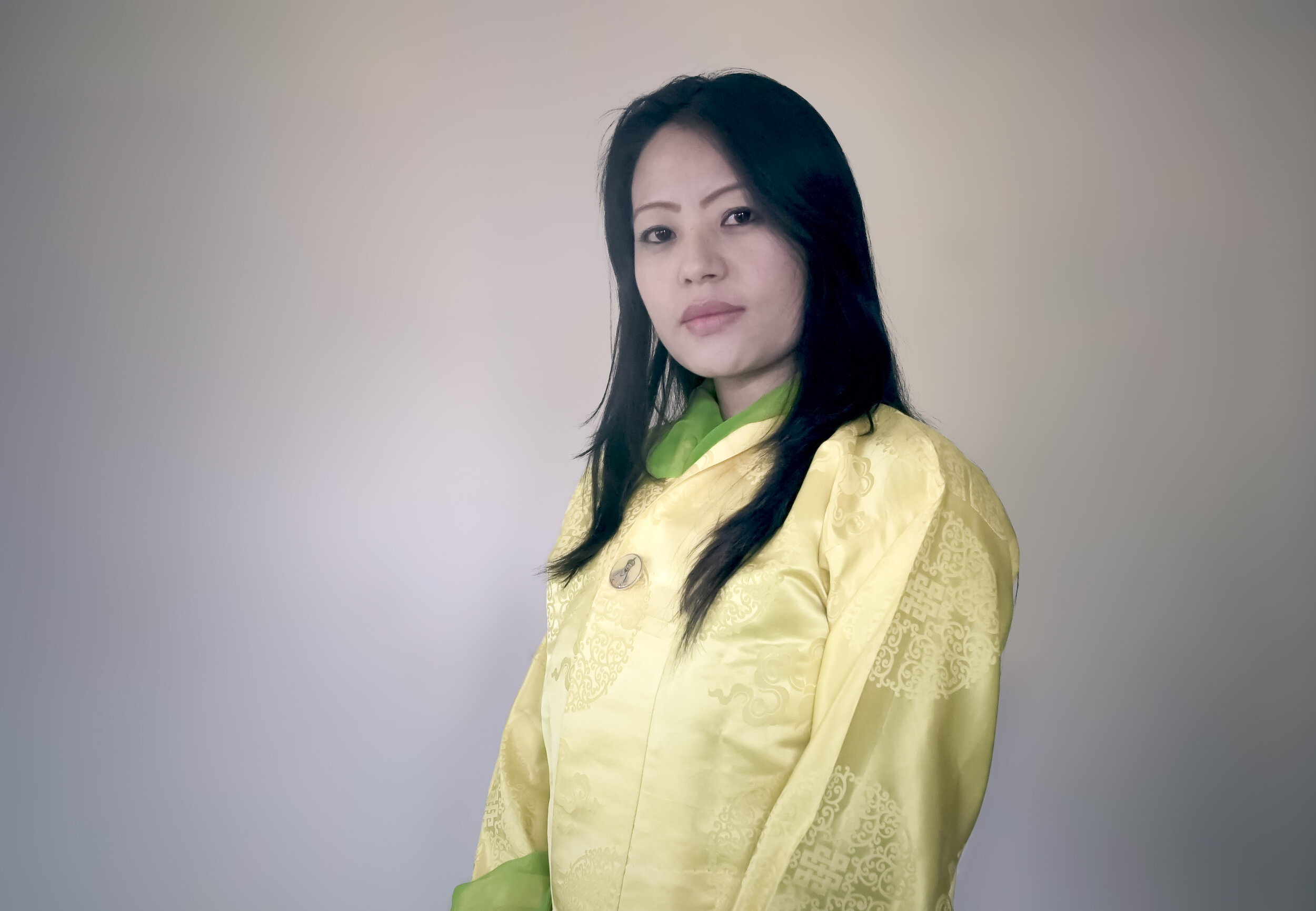
Sangay Wangzom
Sangay Wangzom was born and brought up in the very remote village of Shumar, in the Pema Gatshel District of Bhutan. She is a self-taught vocalist. Her interest in music drew inspiration from her grandmother, who was one of the great dancers of her time. She is one of the finest vocalists that the country has ever known, very disciplined and a purist. She has achieved great success in her career as a musician and has toured beyond the country to showcase her art of devotional singing. Her voice is often heard in Bhutanese feature films, and in addition she currently holds a special role in the chanting of spiritual music.
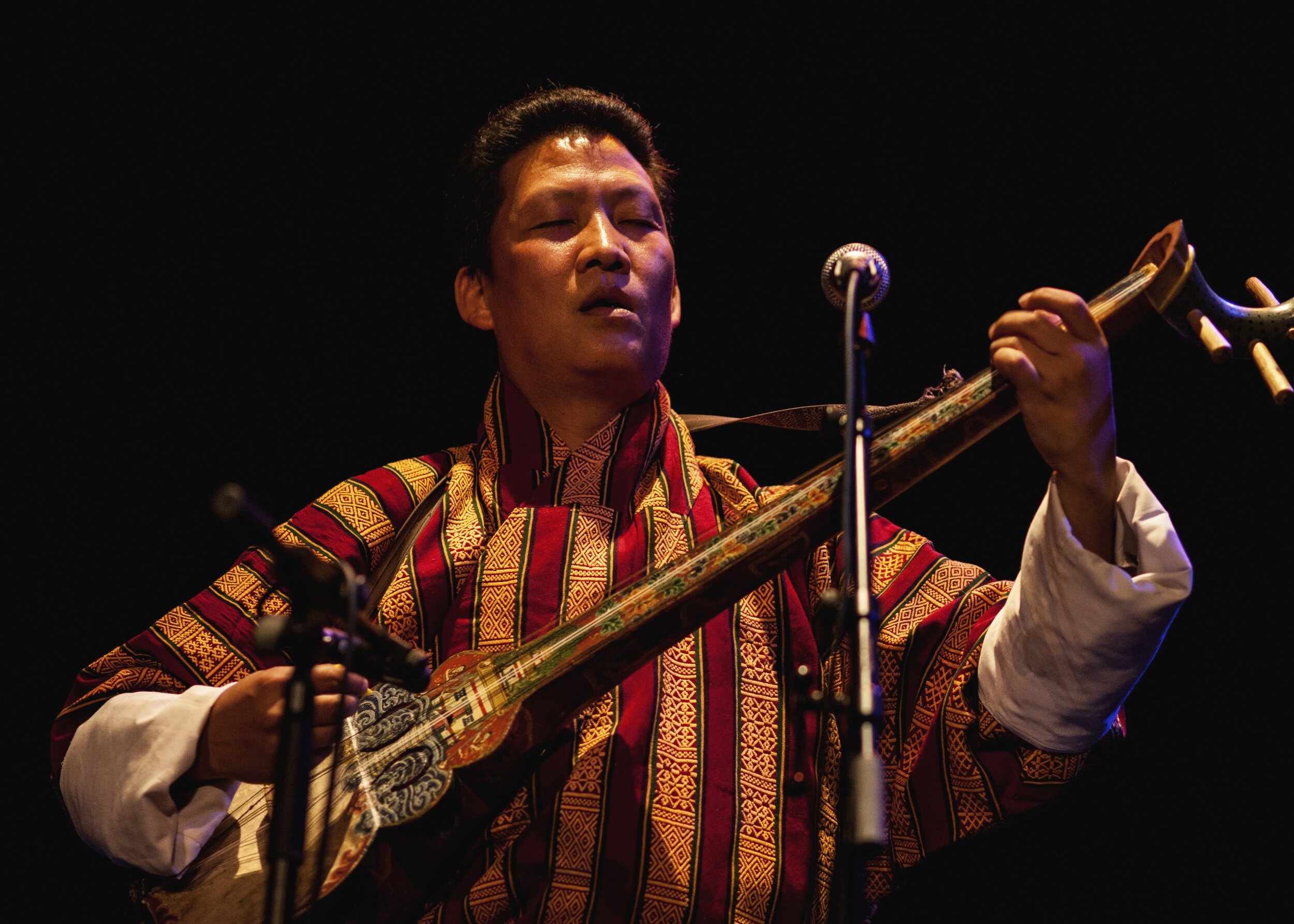
Sonam Dorji
Sonam Dorji was born in the rural village of Kaktong, in Bhutan’s Zhemgang District. His passion for music was inspired by his mother, who died while he was a child.
He took up and mastered the dramgyen (Bhutanese lute), studying under the primary elders of the Bhutanese folk tradition. Kheng Sonam Dorji is a master musician; he is also the first to compose and sing a Khengpa modern song, earning him the title of Kheng Sonam Dorji. International audiences know Sonam through his soundtrack contributions to the acclaimed Bhutanese film, Travelers and Magicians (2004), and his appearances at the Smithsonian's Festival of American Folklife (2008). In 2012, Sonam participated in the Asian Age stage during the Olympic Games in London, England. Sonam has travelled throughout Europe giving lectures, presentations and performances. In addition to being Director of the Music of Bhutan Research Centre, he is also the Liaison Officer for Bhutan, a registered member under the umbrella of the ICTM (International Council for Traditional Music), and a member of ISME (International Society for Music Education) for Bhutan.

Tan Dun
The world-renowned artist and UNESCO Global Goodwill Ambassador Tan Dun, has made an indelible mark on the world’s music scene with a creative repertoire that spans the boundaries of classical music, multimedia performance, and Eastern and Western traditions. A winner of today’s most prestigious honors including the Grammy Award, Oscar/Academy Award, Grawemeyer Award, Bach Prize, Shostakovich Award, and most recently Italy’s Golden Lion Award for Lifetime Achievement, Tan Dun’s music has been played throughout the world by leading orchestras, opera houses, international festivals, and on radio and television. Most recently, Tan Dun was named as Dean of the Bard College Conservatory of Music. As dean, Tan Dun will further demonstrate music’s extraordinary ability to transform lives and guide the Conservatory in fulfilling its mission of understanding music’s connection to history, art, culture, and society. Read more here.
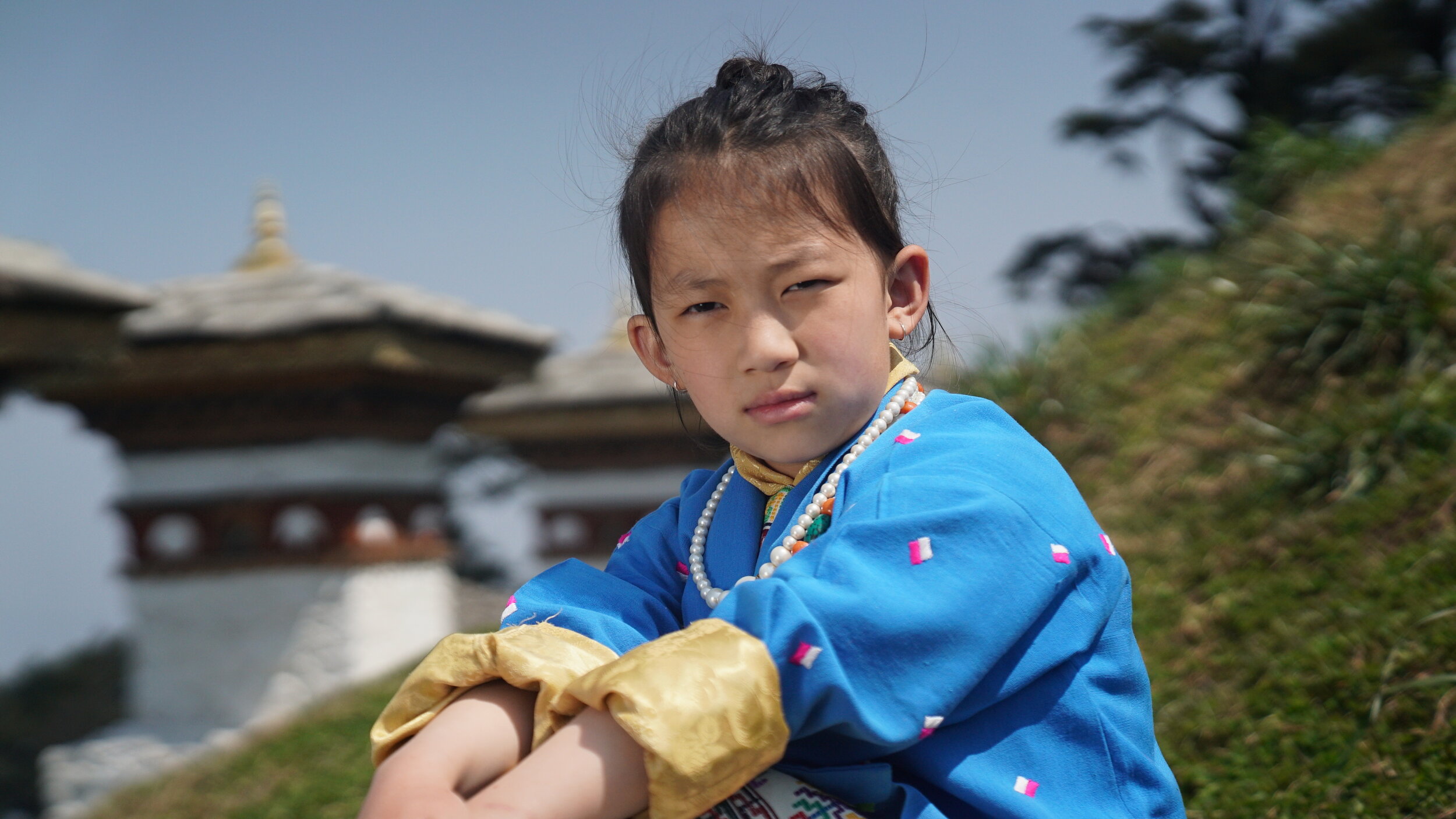
Tenzin Wangmo Dorji
Tenzin Wangmo Dorji is the daughter of Kheng Sonam Dorji and Kinley Wangmo. She was born and raised in the city of Thimphu in Bhutan. She is seven years old and studies at Etho Metho Primary School in grade one. She is a true music lover and performer. She loves singing and dancing, and she is a very active participant in every cultural event organized by her school. She is a keen learner, spending most of her vacations getting trained in varieties of songs and music. She has become an idol for many Bhutanese children after her performances went viral on Facebook, reaching over 94k views within a few days of posting. At the age of six, she was featured on the Bhutan Broadcasting Service (BBS Radio) in an interview and performance. She is the only child to have performed Bhutanese folk songs on the National Television Center. Her dream is to become a great singer, and she wants to travel around the globe introducing the folk songs of Bhutan to the world.
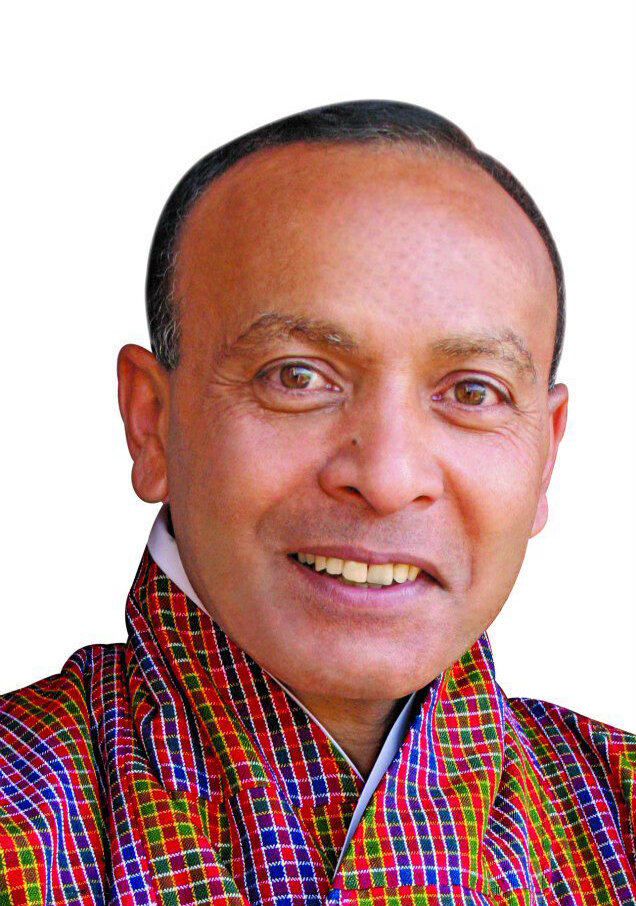
Thakur S. Powdyel
Professor Thakur S. Powdyel is an educator by choice, conviction and passion. As the country’s first democratically elected Minister of Education, he moved Bhutan towards fulfilling the country’s constitutional mandate for education. His major interests include institutional integrity, national self-respect, moral literacy and gross national happiness.
Powdyel’s vision of holistic education as expressed in My Green School has been translated into several languages around the world. His other books include As I Am, So Is My Nation; Right of Vision & Occasional Views; Gyal-Khab: Reflections on State, Citizen, and Citizenship Education; and Light of My Life (principal author).
Thakur S. Powdyel invested his public office with a rare qualities of integrity, service and selflessness in the evolving Bhutanese democratic landscape, born of his deeply-held beliefs and convictions.
Professor Powdyel has often been described as the most widely foot-travelled education minister in the world.
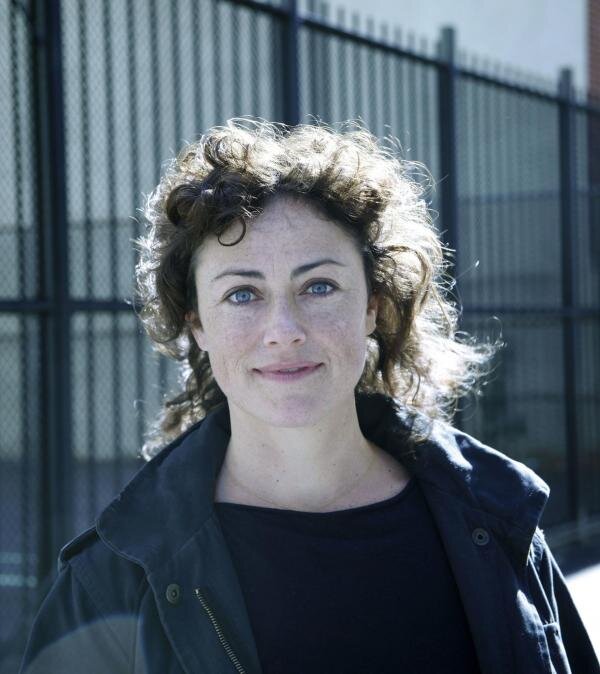
Dominique Townsend
Dominique Townsend is Assistant Professor of Buddhist Studies at Bard College in Annandale on Hudson, NY. Her primary research interests include Tibetan Buddhist history, aesthetics, cultural production, poetics, and translation theory. Columbia University Press will release her first scholarly monograph, A Buddhist Sensibility: Aesthetic Education at Tibet’s Mindröling Monastery, in March 2021. She is also a poet and published a book of poems called The Weather & Our Tempers with Brooklyn Arts Press in 2013. She has an MTS from Harvard Divinity School and a PhD from Columbia University. Read more here.
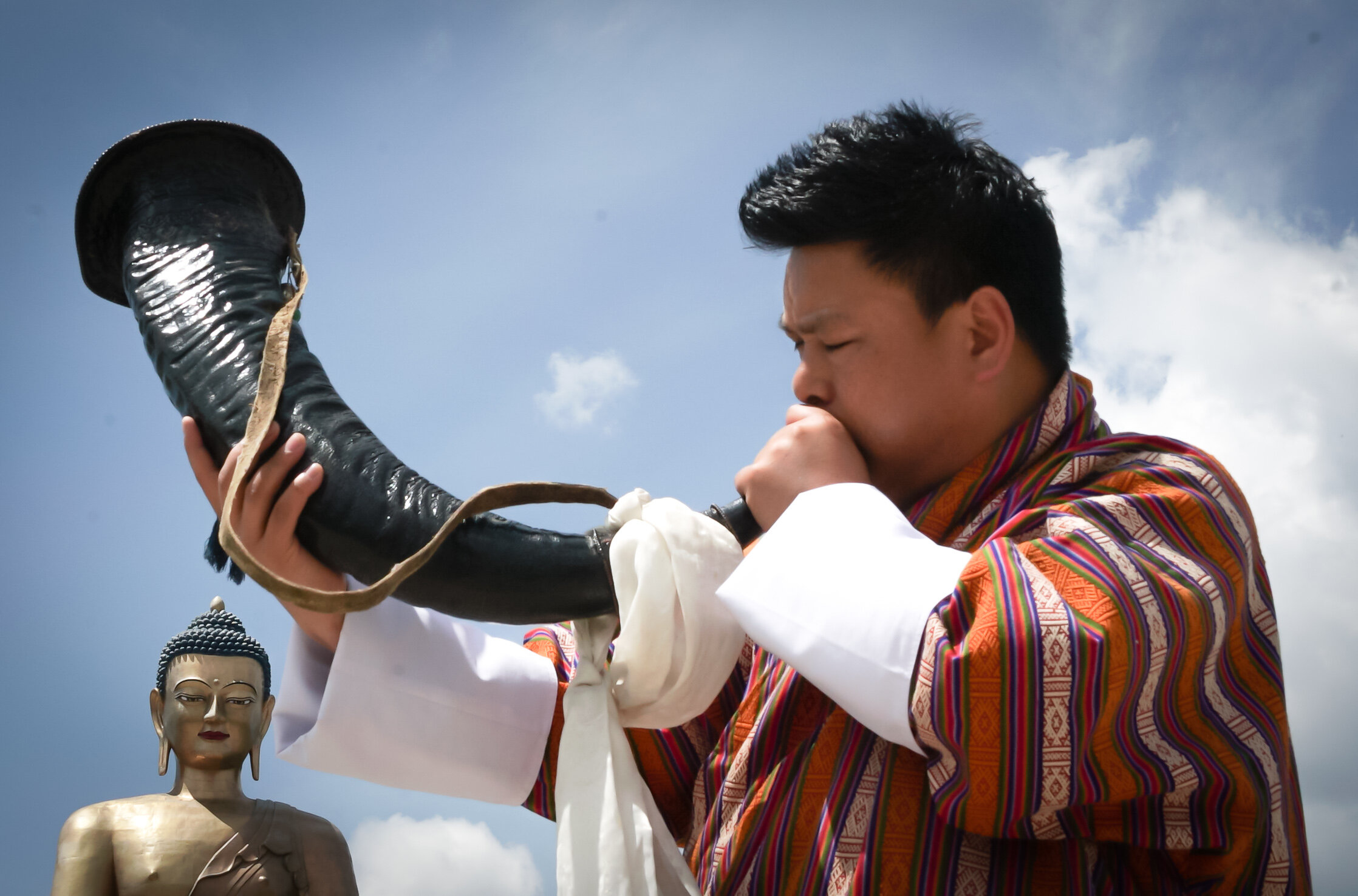
Ugyen Panday
Ugyen Panday is recognized as one of the country’s leading musicians, and an award winning representative of Bhutanese music culture. He is extremely fond of the ancient traditional songs and native musical instruments of the country. His works speaks volumes for his skill and he is well known for his distinctive style of both playing and singing. Through his creative and innovative style, he performs what the composition demands. Therefore, his unique contribution and creative journey have made him the timeless artist that he is today. He has greater experience and exposure since he has been participating in various international music festivals and events around the world.
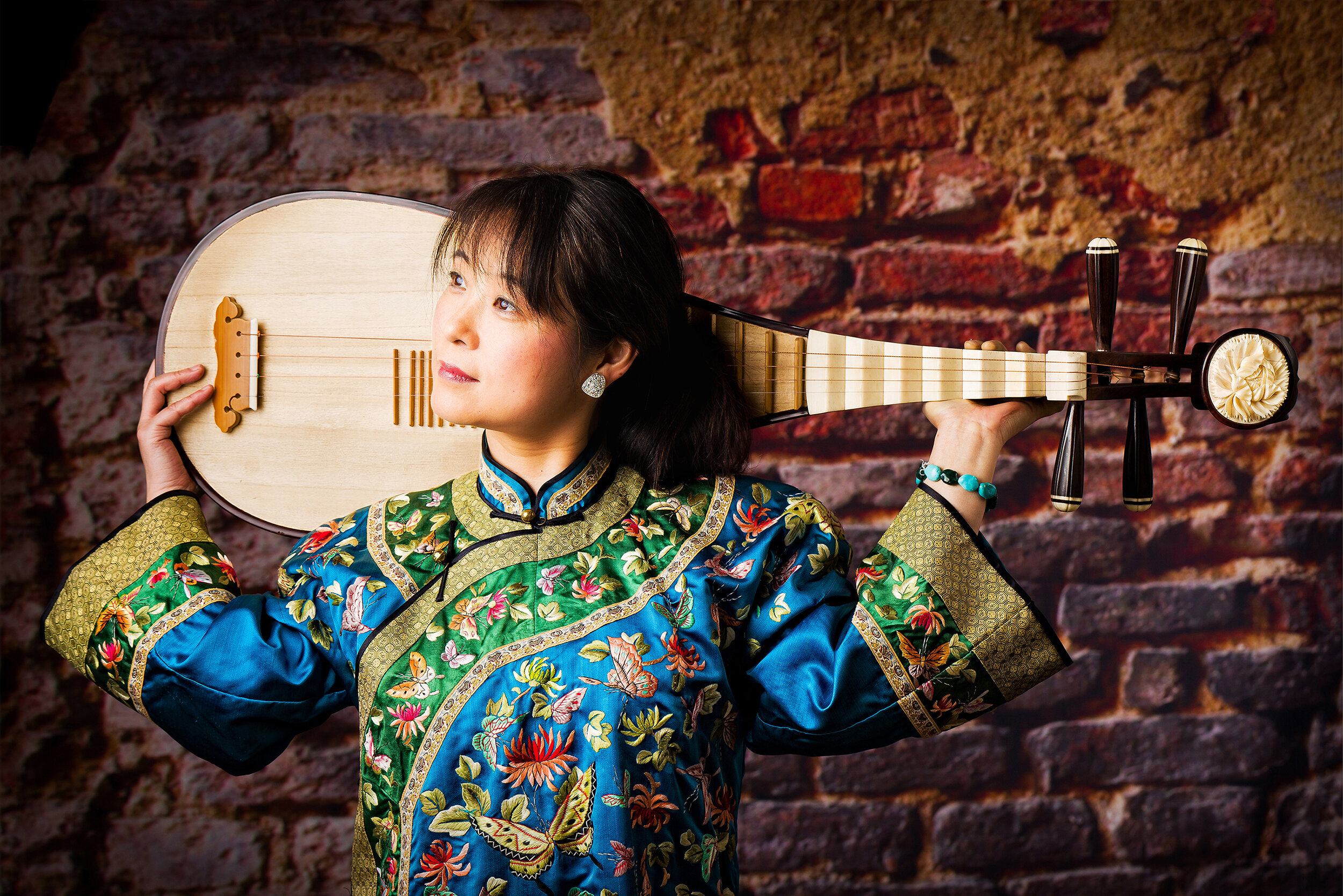
Wu Man
Recognized as the world’s premier pipa virtuoso and leading ambassador of Chinese music, Wu Man has carved out a career as a soloist, educator, and composer, giving her lute-like instrument—which has a history of over 2,000 years in China—a new role in both traditional and contemporary music. Through numerous concert tours Wu Man has premiered hundreds of new works for the pipa, while spearheading multimedia projects to both preserve and create awareness of China’s ancient musical traditions. Read more here.
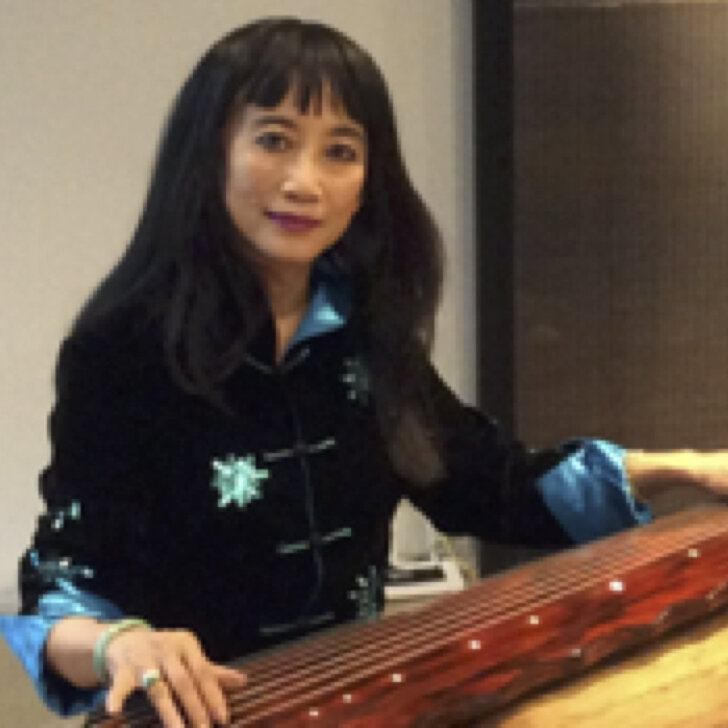
Mingmei Yip
Mingmei Yip received her PhD in musicology from the University of Paris (Sorbonne). A master performer on the Qin, she has given lectures and performances at venues such as the Metropolitan Museum of Art, Carnegie Hall, the New York Philharmonic, Columbia University, Oxford University, Shanghai Conservatory of Music, Beijing University, the University of Paris, Amsterdam University, Oberlin Conservatory, the Cleveland Museum of Art, and the China Institute in New York. Dr. Yip has served as consultant for Beijing’s Chinese Qin Association 北京中国古琴会, director for Chinese Kun Opera and Guqin Research Association 中国古琴昆剧研究会理事, artistic consultant for New York Cultural Art Association, as well as on the academic board of the Chengdu International Qin Conference. Dr. Yip has also published fourteen books, with two on the qin.
She is also accomplished as a painter and calligrapher. A one-person show of her paintings of Guan Yin (the Chinese Goddess of Compassion) and calligraphy was held at the New York Open Center Gallery in SoHo in 2002. Dr. Yip was lecturer and senior lecturer of music at Chinese University of Hong Kong and Baptist University respectively, and in 2005, an International Institute of Asian Studies fellow in Holland researching on the qin. As a Visiting Professor on the faculty of the US-China Music Institute at the Bard College Conservatory of Music, she teaches Chinese music literature and history. Read more here.
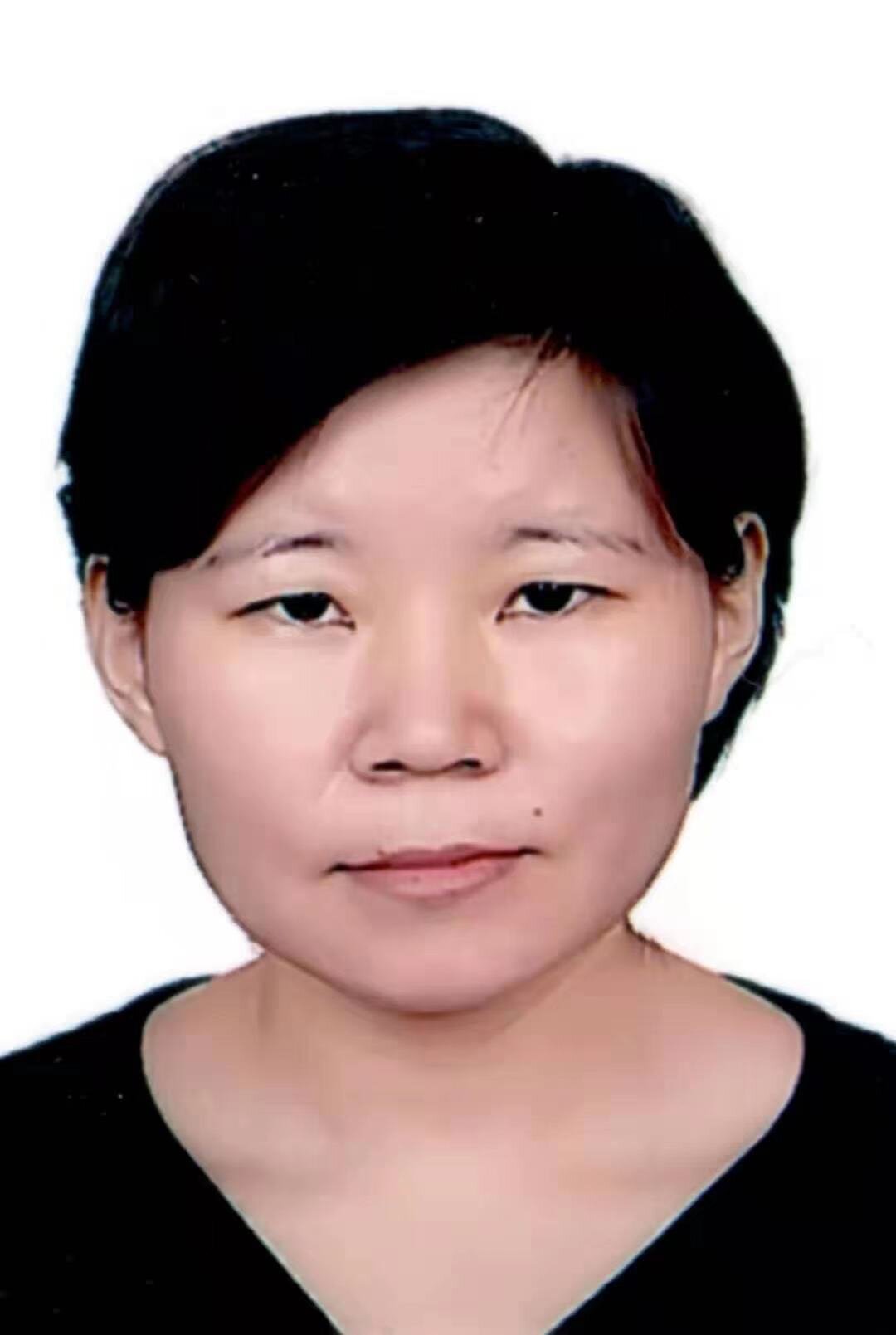
Zhai Fengjian
Zhai Fengjian is an associate researcher in the China National Academy of Fine Arts. She works under the guidance of Professor Tian Qing, the director of the Chinese Intangible Cultural Heritage Protection Center, and has devoted her career to the protection and preservation of Buddhist cultural resources in China.






















